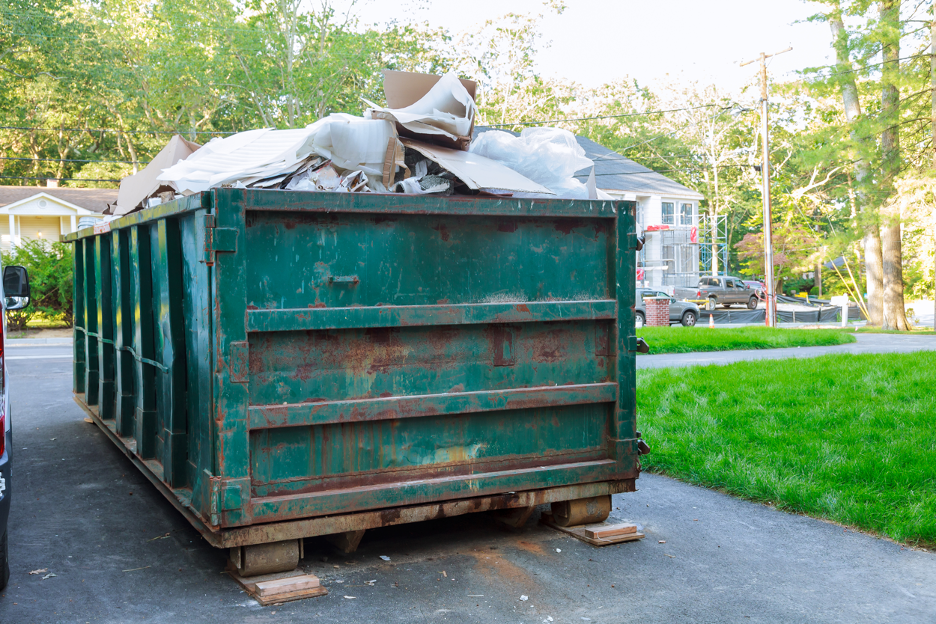When managing a construction or renovation project, having the right tools and equipment is crucial for both efficiency and effectiveness. Among these essential tools, compactors play a significant role in preparing the site, managing waste, and ensuring that foundational work is solid and secure. This blog post explores the advantages of compactor rentals and offers vital information on making the process as straightforward as possible.
Whether you are involved in a small home renovation or a large-scale construction project, understanding how to choose and utilize compactors can save you both time and money. We will navigate through the different aspects of renting compactors, from selecting the right type to understanding rental agreements, ensuring you are well-equipped to make informed decisions.
Choosing the Right Compactor
Identifying the appropriate compactor for your project is the first step towards efficient site preparation. Each type of compactor serves a specific purpose, whether it’s a plate compactor for creating a smooth base or a roller compactor for larger areas of soil compaction. It’s crucial to assess the scope and needs of your project along with the ground materials you will be working with. Before making a decision, consider consulting with rental agencies who can provide expert advice tailored to your situation. You can start by checking out options like Commercial Waste Pickup Oklahoma City which offer a variety of models to suit different needs.
In addition to type, factor in the size and maneuverability of the compactor especially if your project area has access restrictions. Rental companies can also offer demonstrations or guidance on how to operate these machines safely and effectively.

Understanding Rental Agreements
Rental agreements are crucial documents that outline the terms and conditions of renting a compactor. These agreements will typically describe the rental duration, cost, maintenance expectations, and liabilities in case of damage or accidents. To avoid any unpleasant surprises, it’s essential to read these agreements carefully and discuss any unclear terms with the rental provider.
Be sure to inquire about any additional fees that might apply such as delivery charges, environmental fees, or late return fees. Knowing these details upfront will help you budget more accurately and avoid disputes during the project.
Cost-Effectiveness of Renting vs. Buying
Renting a compactor can often be more cost-effective than buying one outright, especially if you do not require it regularly. The investment in purchasing a compactor might not make sense if you are only doing occasional construction work. Renting also saves you from maintenance costs and depreciation.
Rental companies typically update their fleets regularly, providing access to newer models that are more efficient and have updated safety features. This means you can always have access to top-of-the-line equipment without bearing the full cost of ownership.
Safety Measures and Training
Safety cannot be overstated when it comes to operating heavy machinery like compactors. Ensure that everyone who will operate the machine is adequately trained either through formal sessions or by leveraging training provided by the rental company. Understanding how to operate compactors safely not only prevents accidents but also ensures that the work is done efficiently.
It’s also advisable to review safety guidelines regularly and ensure all operators wear appropriate personal protective equipment (PPE). Checking that all compactors are in good working condition before use is another critical safety measure.
Add-On Services from Rental Companies
Many rental companies offer additional services that can make your project easier—from onsite support to maintenance services if something goes wrong with your rented compactor. Some may even provide logistic services, helping to transport the machinery back and forth from your project site.
Leveraging these add-on services can substantially reduce downtime and increase project efficiency. It’s worth discussing what specific services a provider offers during initial negotiations and incorporating those that add tangible value to your rental agreement.
In conclusion, renting a compactor for your construction project involves several important considerations but can significantly enhance your operational efficiency when handled correctly. From choosing the right model and understanding your rental agreement to considering safety critically—each step is vital in maximizing the benefits of using this powerful equipment.
Remember that each project is unique, so take time to engage with knowledgeable suppliers who can guide you through selecting, using, and maintaining compactors throughout your project’s duration. With careful planning and consideration, your investment in renting a compactor will support timely, safe, and quality construction work.




